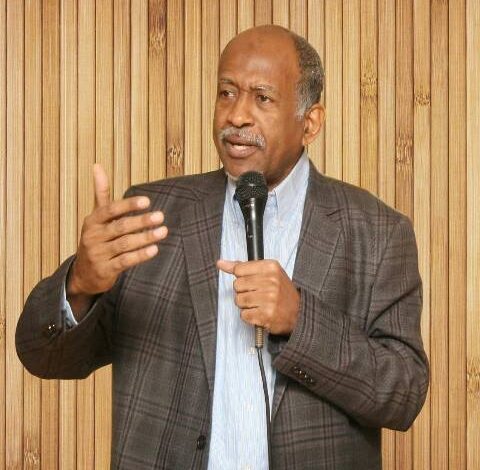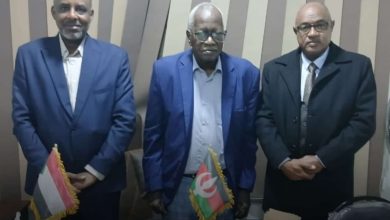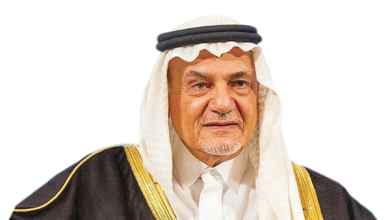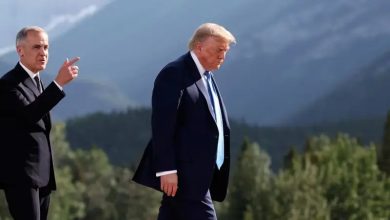Expert Criticizes Services Centralization in Khartoum

Sudan Events – Nahed Oshi
The strategic expert, Professor Mohammed Hussein Abu Saleh, has drawn a strategic map for the reconstruction of Sudan after the war ends, by establishing productive urban centers in all states fairly. He said, “Each state is according to its comparative advantages in order to achieve peace.”
In a statement to Sudan Events, he considered the concentration of development in Khartoum to be the biggest indicator of the absence of strategic planning
Khartoum produced about one million tons of oils, while sesame, beans, and sunflowers were not grown in khartoum. He noted that sesame is being transported from Gadarif State, a distance of (600) kilometers, and then the oils were pressed and exported to Port Sudan, a distance of (200) kilometres. Whereas if Gadarif had been designated as the capital of oils, development and services would have included Gadarif State, products from sesame derivatives in the state at a cost 65% lower than their cost in Khartoum. Likewise, the textile industry should have been carried out in Hasahissa and South Kordufan, where cotton cultivation is located, along with the manufacture of furniture, wood and paper, takes place in the Blue Nile. The same applies to the rest of the states, so that Khartoum becomes specialized in government administrative work and research.
He explained that the war is an opportunity for the government to reformulate priorities and restore industries, and he appreciated the step of the River Nile, Gadarif, and Gezira states in establishing final industries and transferring some industries from Khartoum, thus restoring some balance.



